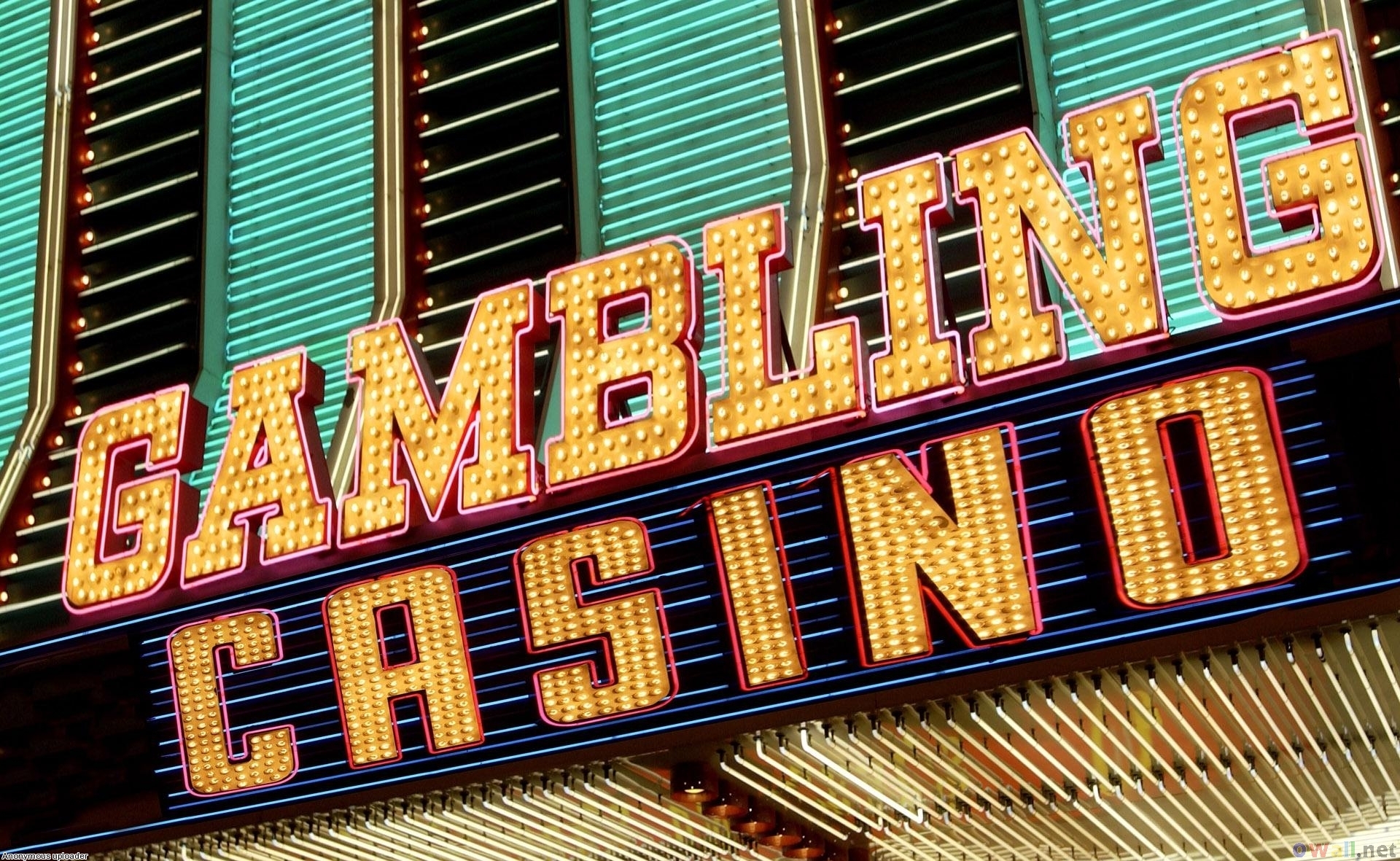
Gambling in casinos has long been a topic of fascination and debate, attracting millions of players around the world. With a blend of chance, strategy, and the excitement of uncertainty, casino games offer an exciting escape from everyday life. However, as entertainment becomes ever more available, it invites a deeper examination of the morality surrounding these games.
At the heart of the debate lies the issue of whether casinos promote responsible gaming or exploit vulnerable individuals. The appeal of potential winnings versus the reality of losses can create a challenging dynamic, and understanding this balance is essential for both players and operators. As we delve into the morals of casino gaming, we will explore the responsibilities of casinos, the impact on society, and the steps that can be taken to foster a healthier gaming environment.
The Impact of Casino Gaming on Society
Casino gaming has a significant influence on the community, affecting not only the financial landscape but also interpersonal dynamics and local frameworks. casino sicuri non AAMS The income generated from casinos can lead to job creation and boost local economies, as they provide numerous employment opportunities in different sectors including hospitality, entertainment, and retail. However, while the economic advantages can be significant, communities often grapple with the possible negative impacts that arise from higher gambling activity.
Moreover, the presence of casinos can lead to an increase in gambling addiction, presenting significant challenges for players and families. The excitement of casino games can quickly evolve into a habitual habit, affecting personal relationships and leading to monetary issues. Many players may struggle with the loss of control over their gambling habits, resulting in a need for community support services and help to address this growing issue. The social cost of addiction can ripple through families and neighborhoods, creating an urgent need for responsible gaming initiatives.
In addition to the economic and social consequences, casino gaming often reflects cultural attitudes towards uncertainty and leisure. It can encourage a sense of excitement and leisure, attracting visitors and boosting local travel. However, this allure may also conceal the wider implications of gambling as a method of entertainment, provoking ethical questions about its advertisement and availability. As communities weigh the benefits and drawbacks of casino gaming, the need for sensible approaches and oversight becomes increasingly critical in ensuring that the positive aspects are enhanced while minimizing the negative effects.
Moral Concerns in Betting Practices
The ethics of gambling gaming often revolve around the potential for dependency and its effects on individuals and families. Gambling can lead to significant financial distress, impacting not only the betters but also their loved ones. As people become caught in the appeal of winning, many lose sight of their financial limits, which can result in devastating results such as bankruptcy. This raises ethical questions about the duty of casinos in promoting safe gaming practices and offering support for those who may be dealing with betting addiction.
Another critical concern is the advertising of gambling to vulnerable populations. Gambling establishments often target low-income individuals or neighborhoods with the promise of quick gains, which can continue patterns of poverty and despair. In this situation, the morality of marketing strategies used by gambling establishments come under examination, as they may exploit the need of people seeking an escape from economic troubles. This manipulation raises moral questions about the honesty of the betting industry and its responsibility to protect its most at-risk patrons.
Additionally, the effect of gambling operations on society as a entirety cannot be overlooked. While some argue that casinos create jobs and stimulate local economies, others point to the social costs associated with dysfunctional betting, increased criminal rates, and a strain on public services. Balancing financial advantages with the potential for social harm presents a complex moral dilemma for lawmakers and casino operators alike. The difficulty lies in finding a ethical approach that prioritizes the welfare of people and society while still allowing for the pleasure of gambling gaming.
Regulatory Structure and Responsibilities
The legal framework related to gambling operations is developed to ensure fairness, integrity, and player protection. Different government entities and gaming commissions set and implement regulations that dictate how gambling games work, the criteria for game development, and the protocols for handling rewards. These regulations vary by locale but commonly involve licensing requirements for operators and stringent measures to stop cheating and scams.
In also to governing bodies, casino operators bear significant duty in upholding ethical standards within their facilities. They must adopt ethical player practices that support player safety and awareness, including offering self-ban options and providing information about the hazards related to betting. Casinos are also obligated for instructing workers to identify signs of difficult gambling and know the correct steps to assist visitors in need.
Additionally, clarity in casino operations is vital for building and maintaining public faith. Casinos should offer clear details about the probabilities of operations, advertising offers, and any related dangers. By creating an culture of integrity and accountability, casinos can help reduce the likelihood adverse impact of gaming while improving the general gambling experience for all gamblers.
